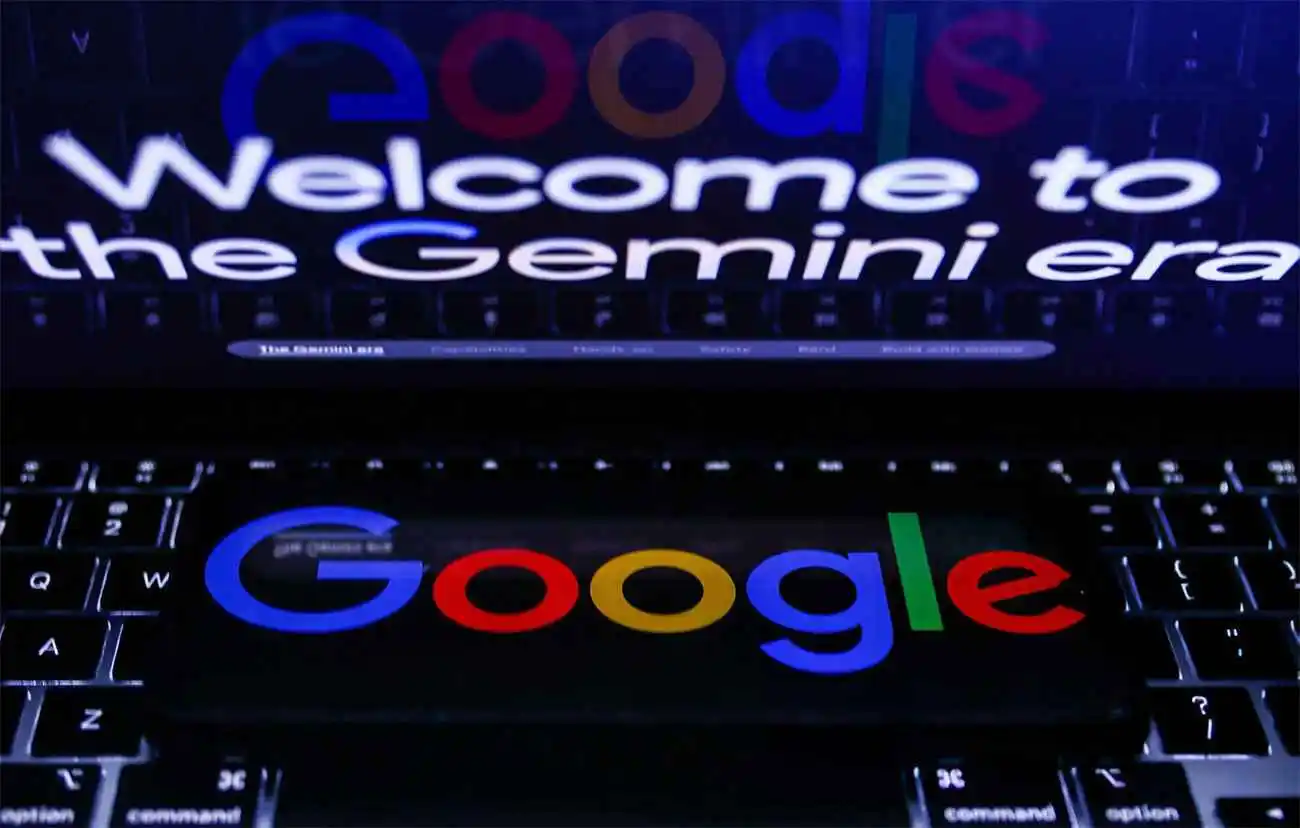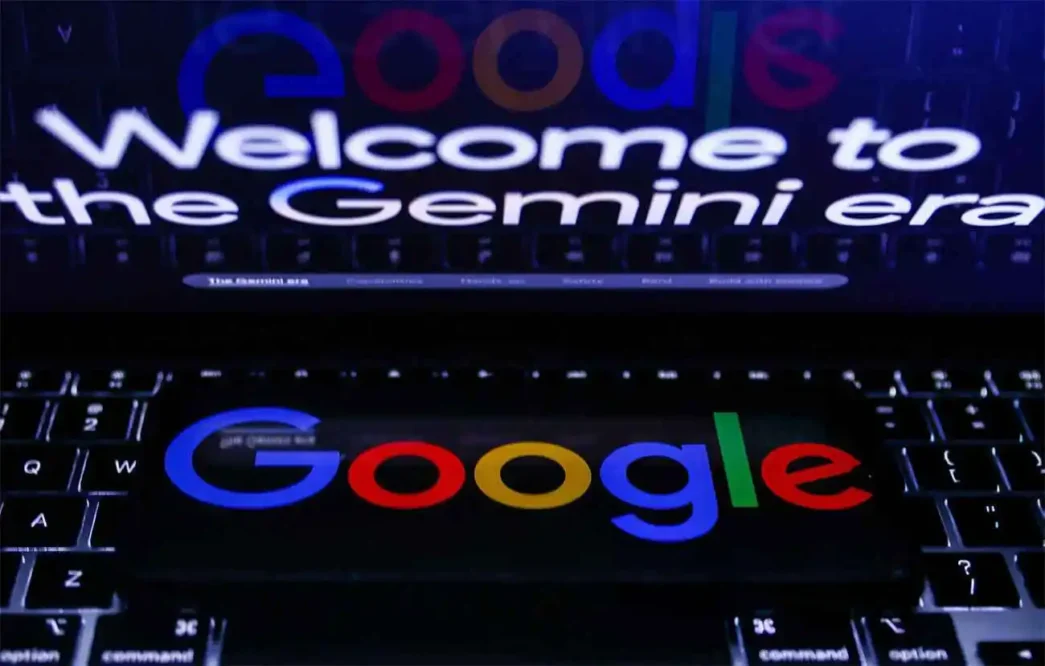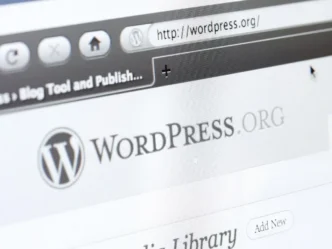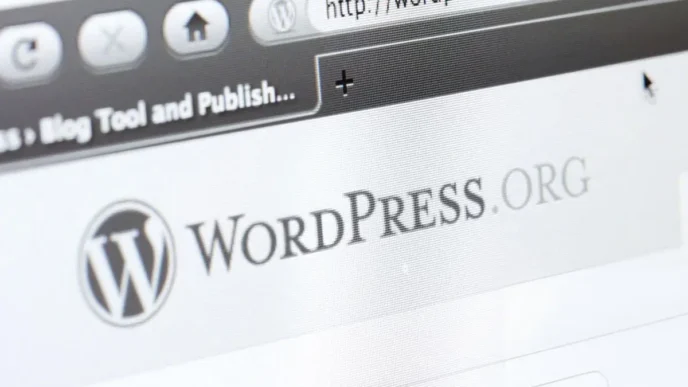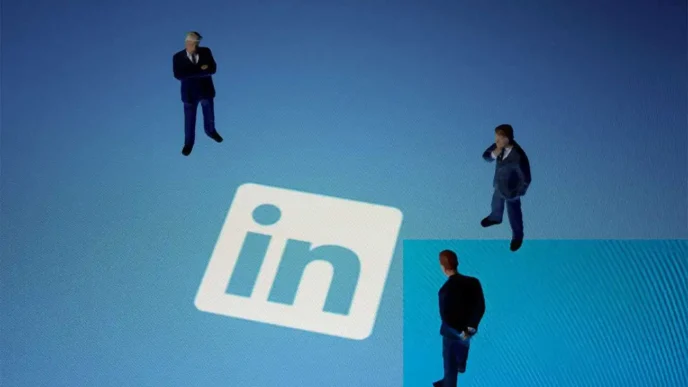Artificial Intelligence (AI) has moved from science fiction to reality, reshaping industries across the globe. In the realm of digital marketing, AI is a game-changer, empowering businesses to connect with customers in smarter, more efficient ways. Whether it’s crafting personalized experiences or crunching massive data sets, AI in digital marketing is unlocking doors that were once unimaginable. But it’s not all smooth sailing—alongside these opportunities come real challenges like privacy concerns and steep costs. In this article, we’ll break down the exciting possibilities AI offers marketers in the United States and the hurdles they need to overcome to make the most of this technology.
Opportunities of AI in Digital Marketing
Personalization That Hits the Mark
AI based digital marketing, businesses can serve up tailored ads, emails, and product recommendations that feel personal, not pushy. For instance, an online retailer might use AI to suggest a pair of sneakers to someone who’s been eyeing running gear. The result? Higher engagement and more sales.
Data Analysis Made Simple
In digital marketing, data is king, but making sense of it can feel overwhelming. AI steps in as the ultimate analyst, processing complex data faster than any human could. It spots trends, highlights what’s working, and even predicts what’s next. Marketers can tweak campaigns on the fly, ensuring every dollar spent delivers maximum impact. Imagine having the power to see into the future of your marketing strategy.
Automation for the Win
Let’s face it—some tasks in digital marketing are mind-numbingly repetitive. Scheduling posts, sorting email lists, or generating performance reports can eat up hours. AI takes these off your plate, automating them with precision. This doesn’t just save time; it lets marketers focus on the creative stuff—like brainstorming the next big campaign idea.
Chatbots That Never Sleep
Customer service is a huge part of digital marketing, and AI-powered chatbots are stepping up big time. Available 24/7, these virtual assistants answer questions, troubleshoot issues, and even guide customers through purchases—all without breaking a sweat. Plus, they get smarter with every interaction, offering a seamless experience that keeps customers coming back.
Predictive Analytics for Smarter Targeting
Ever wish you could see the future? With AI in digital marketing, you kind of can. Predictive analytics uses past data to forecast customer behavior, helping marketers pinpoint the perfect audience and timing for their campaigns. Whether it’s predicting holiday shopping trends or identifying who’s likely to click an ad, this tool boosts ROI and keeps you ahead of the curve.
Challenges of AI in Digital Marketing
Now, let’s flip the coin. As powerful as AI based digital marketing is, it’s not without its roadblocks.
Data Privacy and Security Worries
The Price Tag Problem
Finding the Right Talent
Bias in the Machine
Over-Reliance Risks
AI’s a fantastic tool, but leaning on it too much is a trap. Digital marketing still needs that human spark—creativity, gut instinct, and emotional connection—that machines can’t replicate. Handing everything over to AI might streamline things, but it could also make campaigns feel cold or generic.
Balancing Opportunities and Challenges
So, how do you make the most of AI in digital marketing without tripping over the challenges? It’s all about strategy.
Conclusion
AI is rewriting the rules of digital marketing, bringing tools like personalization, predictive analytics, and automation to the table. It’s an exciting time for marketers in the United States, with opportunities to connect with audiences like never before. But it’s not a free ride—privacy concerns, costs, and skill gaps mean there’s work to be done. By embracing AI based digital marketing thoughtfully, businesses can unlock its potential while sidestepping the pitfalls. The future’s bright, but it’s up to us to navigate it wisely.
FAQs: AI in Digital Marketing
AI digs into customer data to figure out what each person likes and does. That means ads, emails, and offers that feel custom-made, boosting clicks and loyalty.


